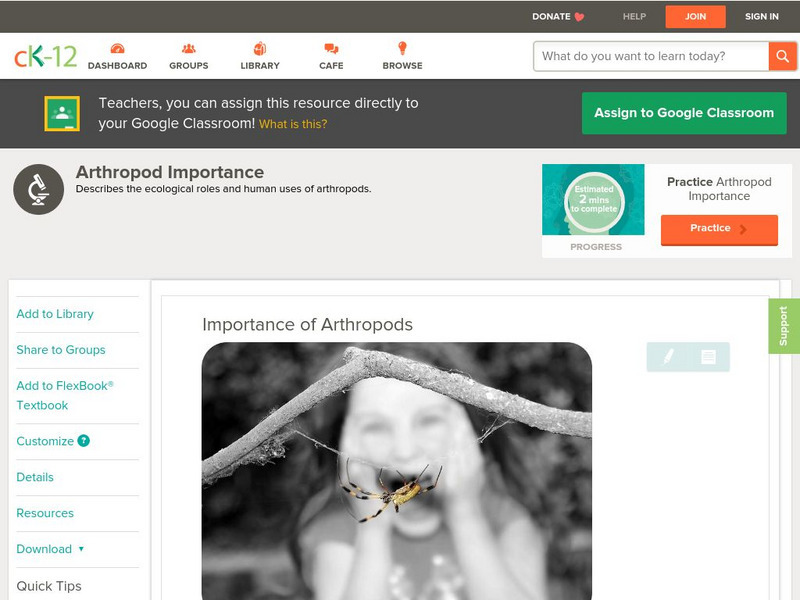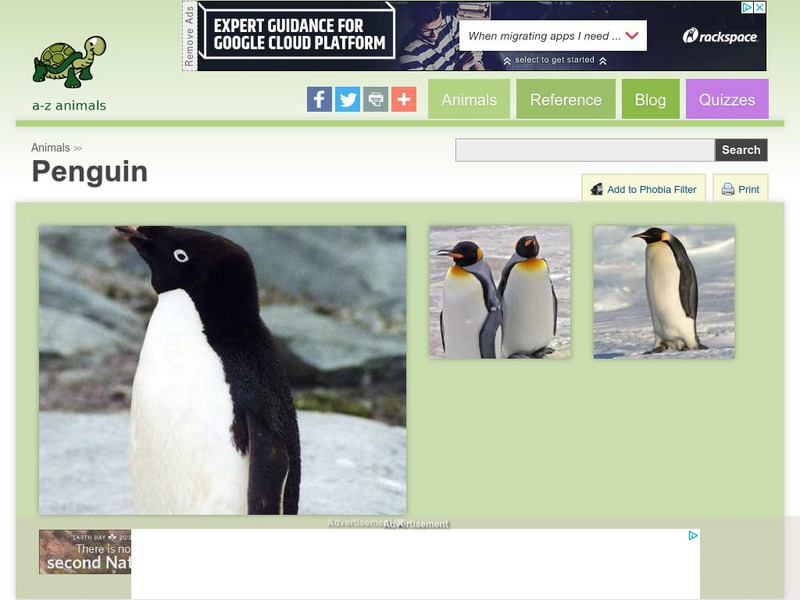Hi, what do you want to do?
Curated OER
Broken Bones
Students listen to a lecture on broken bones. They review the proper first aid techniques and practice setting splints on one another. They observe X-rays and animal bones.
Curated OER
The Ozone Between Us
Students investigate how ground level ozone occurs in many areas of the country. They study the ozone problems that are associated with population centers.
Curated OER
End of the Line: What Happened to the Blue Ridge Railroad?
Sixth graders study the westward expansion and the role of railroad construction to the expansion. In this railroad history lesson, 6th graders complete KWL activity for the topic. Students view a PowerPoint about the growth of railroads...
Curated OER
One Word Substitution 28
For this online interactive vocabulary skills worksheet, students match the 10 vocabulary terms in the word bank to the appropriate definitions. Students may submit their answers to be scored.
Curated OER
Effects of ATP and Ions on Rabbit Psoas Muscle
Students prepare single strands of muscle cell. They microscopically examine muscle cells and identify bands of darker and lighter proteins. They predict, observe, describe and quantify the effects of ions and ATP.
Curated OER
Superhumans and Bionics: Building Hi-Tech Exoskeletons
Students explore how the body works. Students experiment and participate in activities to compare speed to stride length. Using the data collected, students draw conclusions about the biology of dinosaurs, their speed and stride length.
Curated OER
Catch As Catch Can
Students capture and observe insects. Using provided netting, students design and create a butterfly net. They study many types of insects and their benefits. After identifying insects caught, students complete a graph. Students write...
Curated OER
Catch as Catch Can
Students investigate insects. In this insect analysis lesson, students catch insects using nets they make. They identify the insects they catch and create a chart to show the numbers and varieties. This lesson includes a vocabulary list...
PBS
Pbs: Thomas Eakins (Lessons About the ?American Rembrandt?) [Pdf]
Find four lesson plans developed for the PBS documentary "Thomas Eakins: Scenes from Modern Life" about the life and work of the man who would become known as the ?American Rembrandt.? The lessons touch on all the essential qualities of...
BBC
Bbc: Mother of Man Lucy
Article discusses the importance of Lucy to the theory of evolution and her bipedalism form of locomotion. Archived.
Other
National Aviary: Curriculum: Wings to Fly
Richly illustrated interactive activity leads you through an investigation of bird wings. Includes interesting comparisons of the bones in a bird's wings with those in human arms and of the design of wings in birds versus planes.
CK-12 Foundation
Ck 12: Life Science: Importance of Arthropods
[Free Registration/Login may be required to access all resource tools.] Arthropods might seem a little scary, but they are actually performing important roles in the environment. Arthropods are important to the ecosystem and to humans in...
Smithsonian Institution
National Museum of American History: America on the Move [Pdf]
Discover how transportation has helped people immigrate and migrate over the years.
National High Magnetic Field Laboratory
Magnet Academy: Steam Condensing Engine 1769
Few inventions have affected human history as much as the steam engine. Without it, there would have been no locomotives, no steamers and no Industrial Revolution.
A-Z Animals
A Z Animals: Animal Facts: Penguin (Aptenodytes Forsteri)
Provides photographs and a fact card about the penguin. Discusses where they are found, physical characteristics, diet, locomotion, predators, and interactions with humans.
Curated OER
Australopithecus Afarensis
Article discusses the importance of Lucy to the theory of evolution and her bipedalism form of locomotion.













![Pbs: Thomas Eakins (Lessons About the ?American Rembrandt?) [Pdf] Website Pbs: Thomas Eakins (Lessons About the ?American Rembrandt?) [Pdf] Website](https://content.lessonplanet.com/knovation/original/27574-e27f96347c7a7d09d6ee66dd6d2c8fc1.jpg?1661419252)




